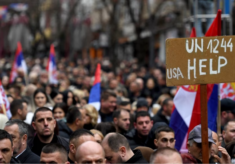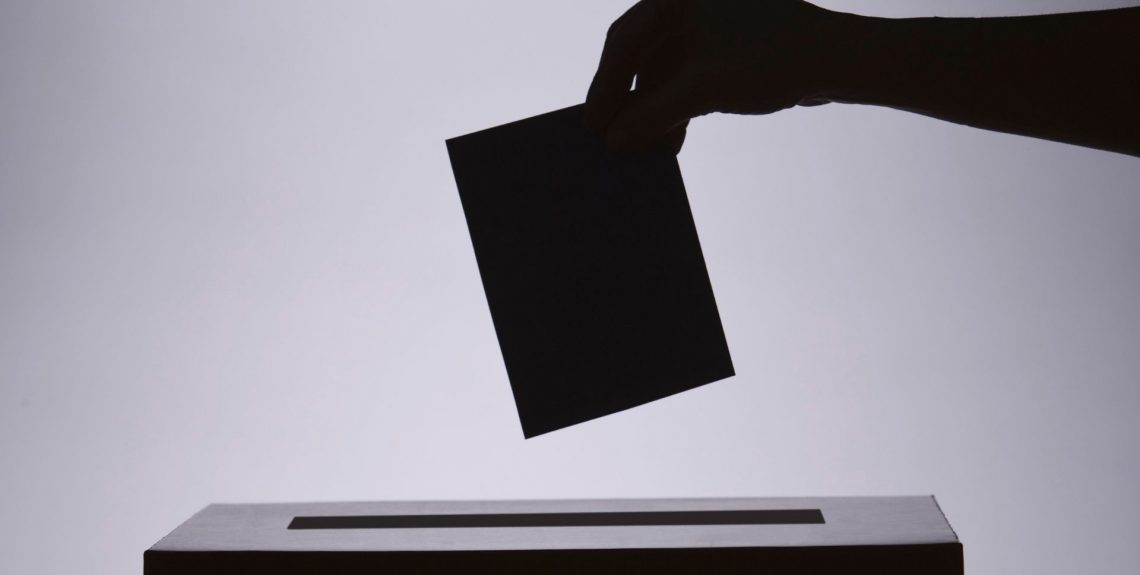In August 2020, parliamentary elections in Montenegro marked a major political upheaval in the tiny former Yugoslav republic. For the first time since 1991, The Democratic Party of Socialists of Montenegro, led by the President Milo Djukanovic, lost the majority in the assembly. A coalition made of the pro-Serbian Democratic Front and civic-oriented parties formed the new government, led by Zdravko Krivokapic. He appointed as ministers technocrats and personalities from the civil society.
On February 14, the region experienced a new stunning disruption, with the triumph of Albin Kurti’s party, Self-Determination, at snap elections in Kosovo, the poorest country in the region, lagging far behind in terms of Euro-Atlantic integration, which sees Montenegro as the frontrunner. Kurti’s victory ended the long-time political domination of parties formed during the war years against Serbia or even before, during the peaceful resistance to Milosevic’s authoritarian rule.
In spite of the two countries very different scenarios, elections in Montenegro and Kosovo present a strong analogy. The big change (Kurti and Krivokapic), stemmed from promises to eradicate widespread corruption, restore the rule of law and address social-economic disparities, and was consequences of the selfish and predatory posture of old elites.
From a Western perspective, political processes in the Western Balkans are driven by the choice between Euro-Atlantic integration and international isolation. Unsurprisingly, Western media gave some attention to the pro-Serbian (and pro-Russian) attitude of the Democratic Front, considered as a threat to the West-oriented foreign policy promoted by the DPS since the end of the Balkan wars. However, the new Montenegrin government renewed its commitment to NATO and EU integration. Also, Kurti’s pan-Albanian views were scrutinized, despite – as said before – the incoming Kosovar Prime Minister has shifted towards other objectives in the last years.
Not that these postures should not be underestimated. Yet, the main reason of political upheavals in Montenegro and Kosovo originates from domestic issues. Poverty, hunger for jobs, youth frustration and anger for state capture: this is the stake. People in the Western Balkans still believe in European integration, but while in the past they thought that problems at home would have solved by Europe, now – since the enlargement is stalled – they are more proactive. They understand that voting matters. They do not wait for Brussels. This is the new trend emerging in the region.


